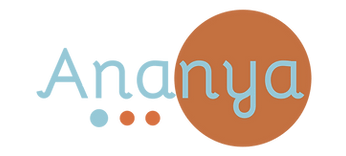
Unlock
your
child's
UNIQUE
potential
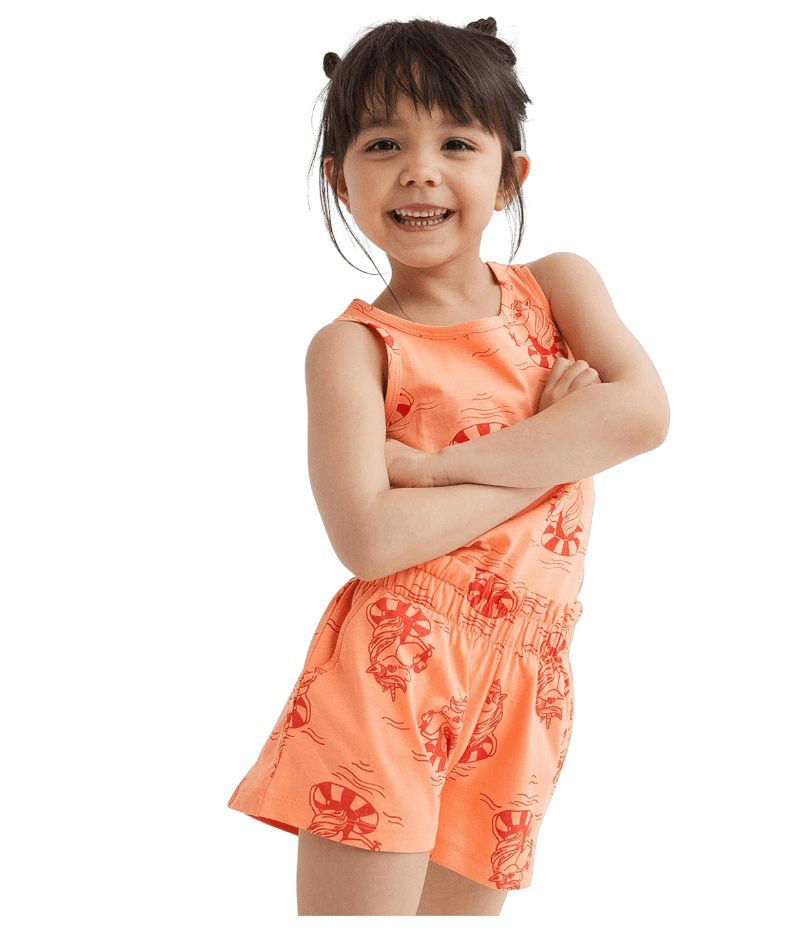

believes in
(1) Skillfully weaving together personalised therapies
(2) Compassionate parent involvement and
(3) Gently calibrating therapy to reach growth milestones
⚕️+ 👨👨👧 + 📊 = 🎯

Milestone Mastery Map™
Unlocking every child’s growth, confidence, and potential
Diagnosis /
Consultation
Screening &
Assessment
Training Plan
Therapy Sessions
our support buddies
our support buddies

Autism Spectrum Disorder
Click here for more details ↗
Attention Deficit Disorder
Click here for more details ↗

Emotional Delays
Click here for more details ↗


Learning Disabilities
Click here for more details ↗
Developmental Delay
Click here for more details ↗


Intellectual
Disorders
Click here for more details ↗
Best Child Development Center
child development center near me
Free, Instant &
Easy Assessment!
Unravel your child’s developmental journey with a simple click.
day we work to empower your child
Speech Therapy
Click here for more details ↗


Physio-therapy
Click here for more details ↗
Nutrition Therapy
Click here for more details ↗

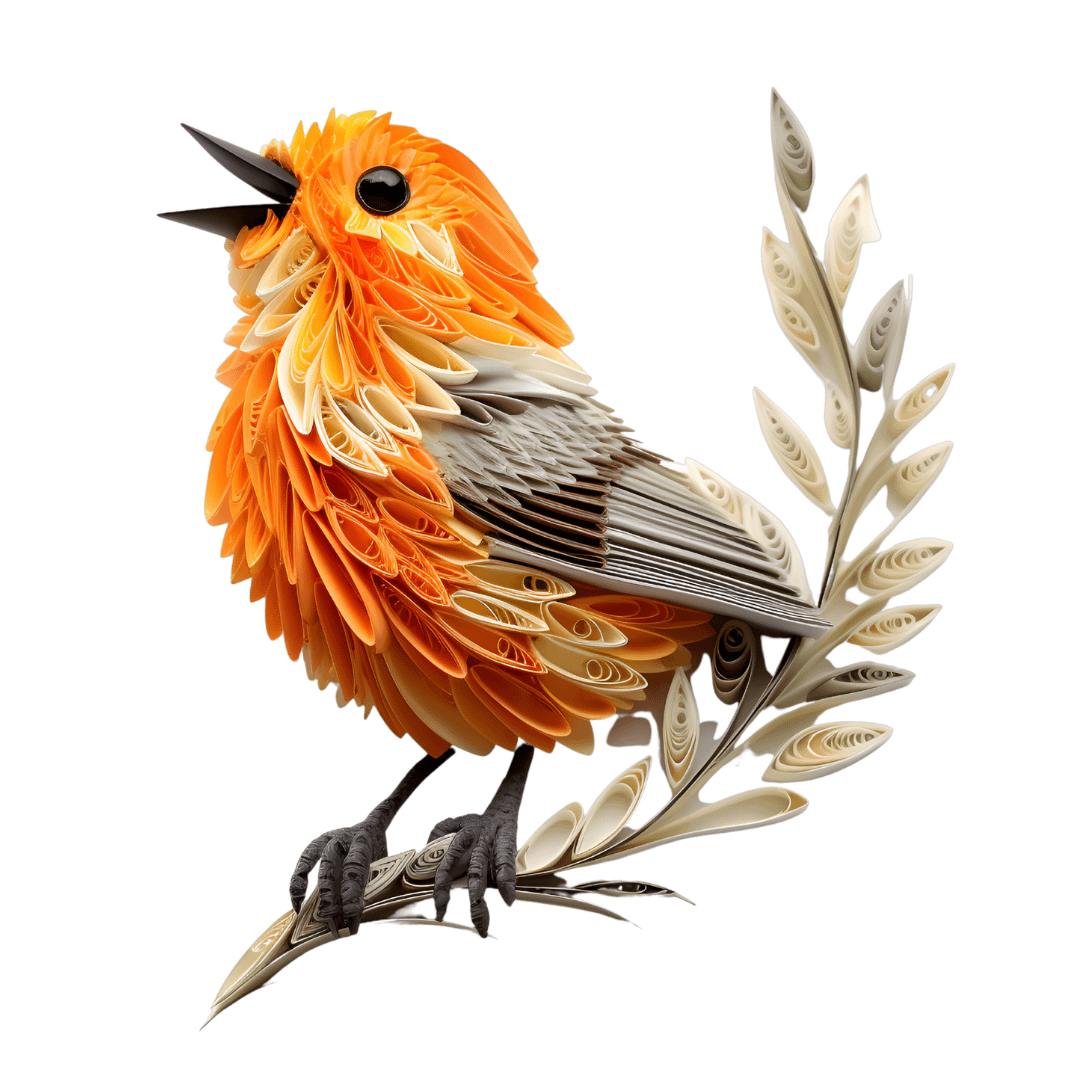
Auditory Integration
Click here for more details ↗
Remedial Education
Click here for more details ↗
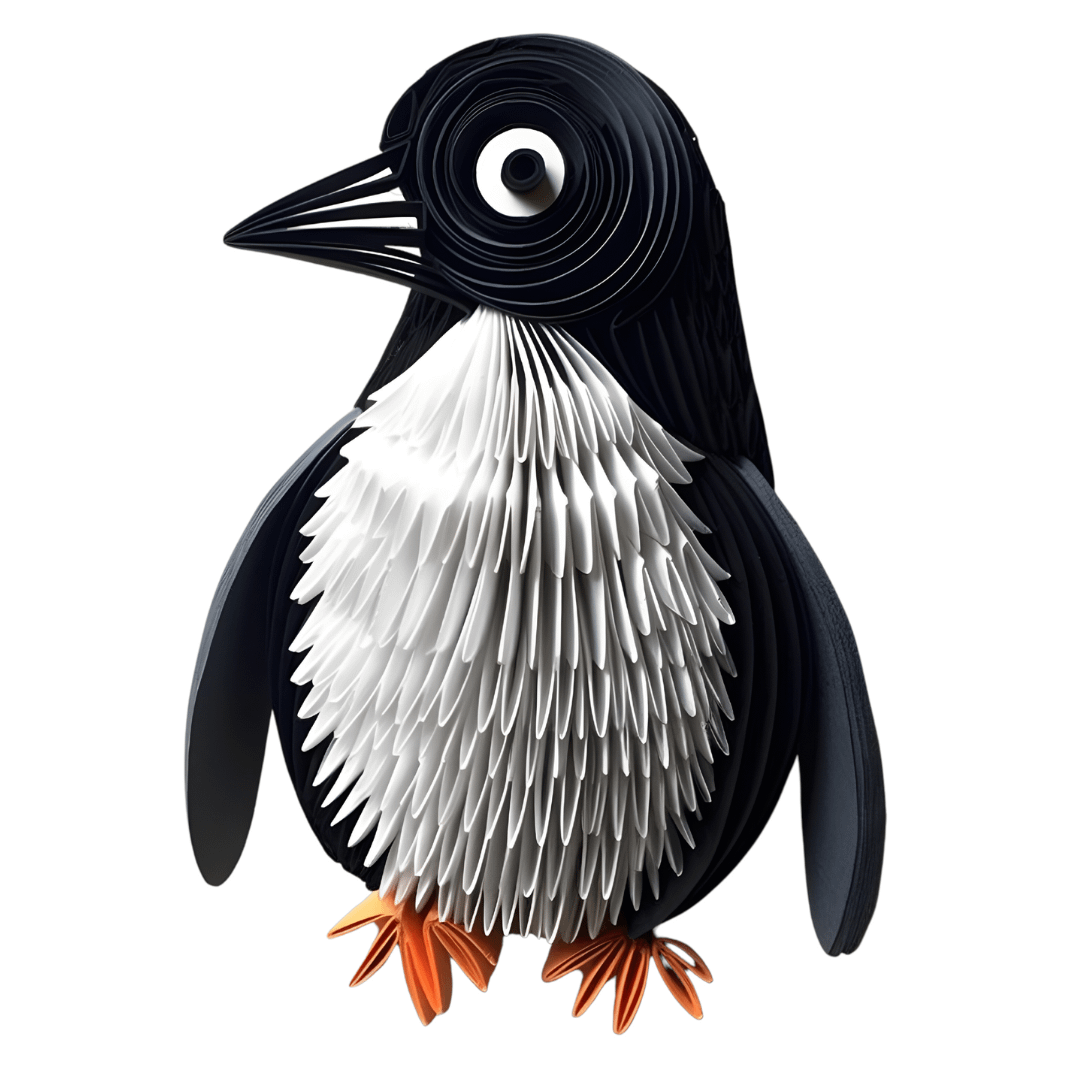

Cognitive Behaviour Therapy
Click here for more details ↗
Occupational Therapy
Click here for more details ↗

Behavior Modification Therapy
Click here for more details ↗

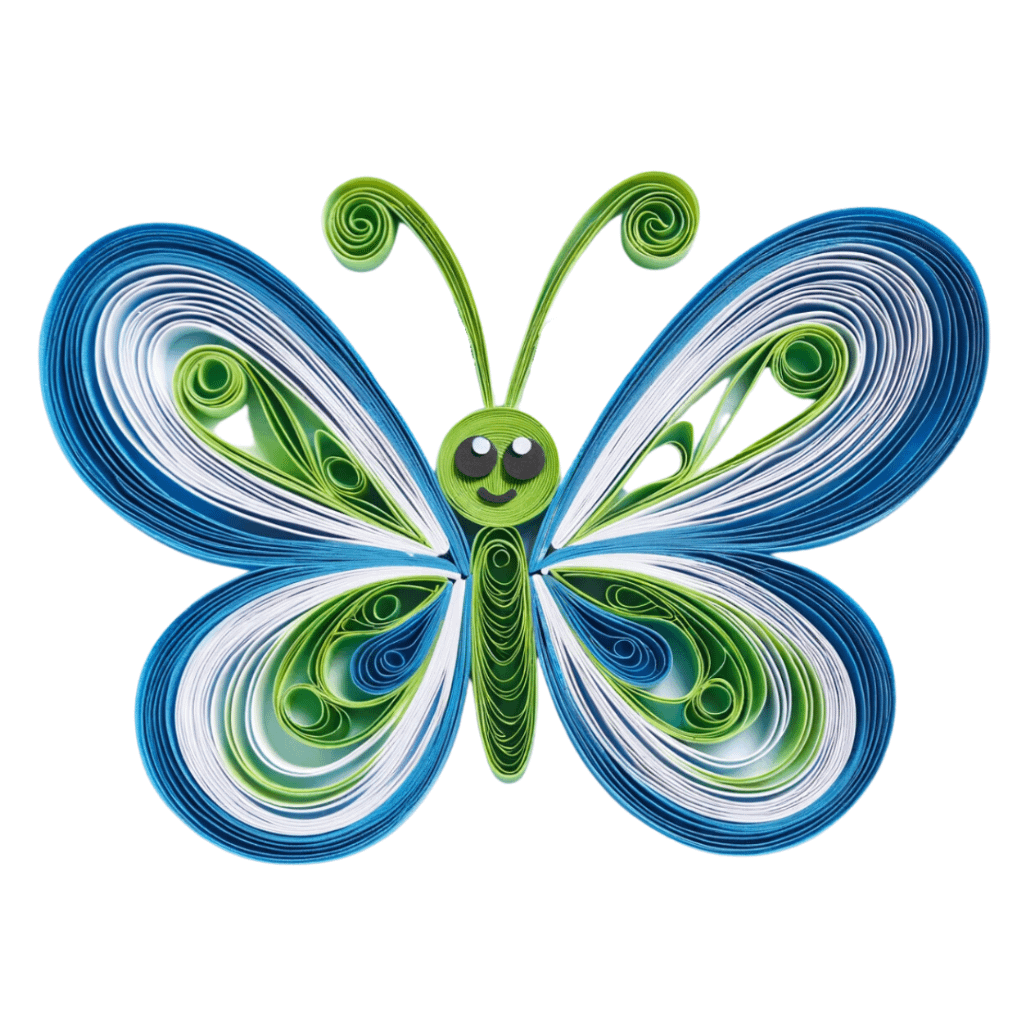
Social Skills Training
Click here for more details ↗
Speech Therapy
Click here for more details ↗
Physio-therapy
Click here for more details ↗
Behavior Modification Therapy
Click here for more details ↗

Auditory Integration
Click here for more details ↗
Remedial Education
Click here for more details ↗
Social
Skills
Therapy
Click here for more details ↗

Speech Therapy
Click here for more details ↗
Physio-therapy
Click here for more details ↗
Behavior Modification Therapy
Click here for more details ↗

Auditory Integration
Click here for more details ↗
Social Skills Training
Click here for more details ↗

Tell us a little bit about yourself

